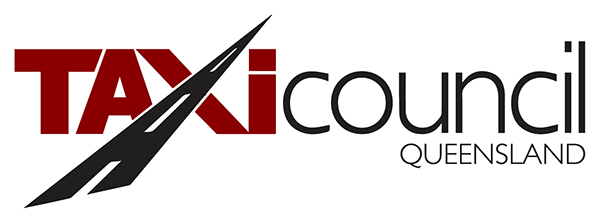Media release
March 20, 2018
The latest report of a female passenger allegedly suffering a sexual assault by an Uber driver has brought
the Taxi Council of Queensland (TCQ) out swinging, demanding the Queensland Government act
immediately and do more to ensure the safety of passengers.
Police are currently investigating reports of a serious sexual assault that occurred in the early hours of
March 18, involving a young woman travelling from Fortitude Valley to Clayfield in an Uber.
CEO of the TCQ, Blair Davies says “enough is enough” and is urging the State Government to “act
urgently and boldly” to address the issue of safety in booked hire vehicles.
“We have been calling out the need for mandatory safety equipment in booked hire vehicles for some
time now,” says Mr Davies, “and yet nothing seems to sway the Government into seeing the urgency of
this matter. How many more incidents to we have to have before this issue is taken seriously?
“This is not the first time an incident of this kind has occurred. There have now been six separate serious
incidents in Queensland. The situation is clearly snowballing and we need bold, immediate action now
before any further passengers suffer from the lack of security in booked hire vehicles.”
The TCQ has highlighted the need for booked hire vehicles, such as Uber, to have mandatory security
equipment because it considers the current criminal history checks do not provide sufficient enough
protection for passengers.
“Criminal background checks work if the person has a record, but it does not protect passengers from
those that don’t,” warns Mr Davies. “This is where taxis with security cameras have come into their own
and why we see this as an important safety change the Government could make for passengers travelling
in booked hire vehicles.”
It was a Labor Government that, through consultation with The Taxi Council of Queensland, made it
mandatory for all taxis in this state to have security cameras as long ago as in 2005. Mr Davies says
“there are lessons to be learnt from this”.
“We know security cameras have improved passenger safety in taxis, so clearly this tactic would work for
booked hire vehicles too.There is no price you can put on passenger safety and the longer the current
Labor Government waits to take action on this the more incidents I fear we will see like the one reported
just yesterday.
“People should be able to catch a taxi or a booked hire vehicle in Brisbane and feel that they are safe,”
added Mr Davies. “The TCQ will not stay silent on this issue until it is resolved. Now is the time to act,
before it is too late.”
ENDS
